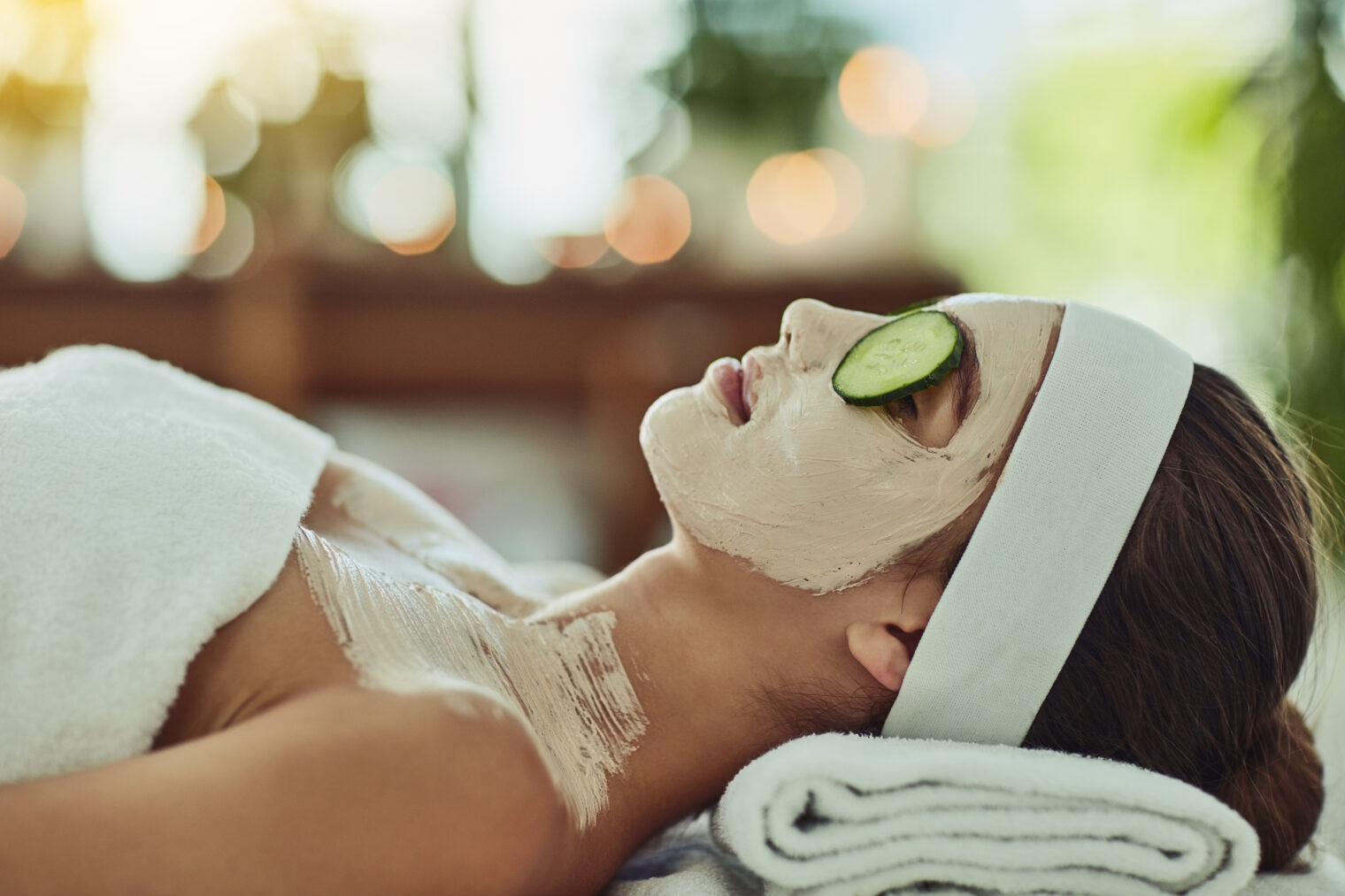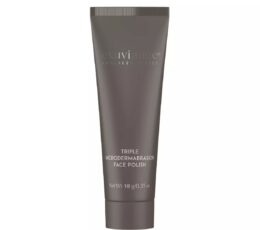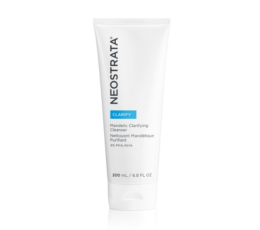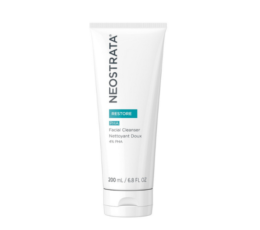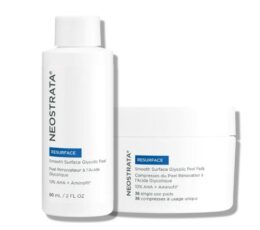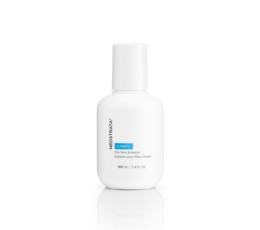
We’re not teenagers anymore, so why do we still have acne? Turns out acne is the most common skin condition in the United States and becoming even more common in adult women. Self-reporting studies show statistics as high as 50% of women over age 20 are affected by adult acne. The impact of acne often goes well beyond blemishes. People who have acne often also suffer significant physical and psychological effects including permanent scarring, poor self-image, depression and anxiety.
Why do we get acne?
Acne appears when a pore in our skin clogs. Normally, dead skin cells rise to the surface of the pore, and the body sheds the cells. When the body produces too much sebum (the oil that keeps our skin hydrated), the dead skin cells can stick together inside the pore. Instead of rising to the surface, the cells become trapped inside. Bacteria that live on our skin, known as p. acnes, also get inside the clogged pore, which is a perfect environment for bacteria to multiply quickly. The buildup of bacteria in the pore causes it to become inflamed. If the inflammation goes deep into the skin, an acne cyst or nodule may appear.
Signs of acne include blackheads, whiteheads, papules, pustules (aka pimples) and cysts. In teenagers, acne is part-genetic, part-hormonal and largely the result of increased oil production. Adult acne tends to be deeper, more painful and more cyclical. It is usually caused by stress or hormonal fluctuations and is centralized around the mouth, jaw and chin. Because cell turnover slows with age, adult skin can take longer to heal and can be complicated by pigmentation issues.
Learn more about poweful products that can help fight acne signs and symptoms.
Causes of Adult Acne:
Fluctuating Hormone Levels:
Women often experience fluctuating hormones surrounding their periods, during pregnancy, peri-menopause, and menopause or after discontinuing (or starting) birth control pills.
An imbalance can lead to breakouts.
Stress:
When we’re stressed, our bodies produce more androgens (a type of hormone) that stimulate the oil glands and hair follicles in the skin, which can lead to acne.
Family History:
Studies suggest that some people may have a genetic predisposition for acne.
FEATURED PRODUCTS
Triple Microdermabrasion Face Polish
Read More
Mandelic Clarifying Cleanser
Read More
Facial Cleanser
Read More
Smooth Surface Glycolic Peel
Read More
Oily Skin Solution
Read More

